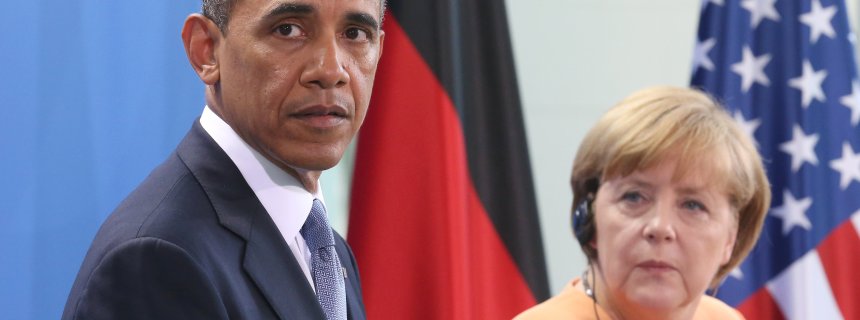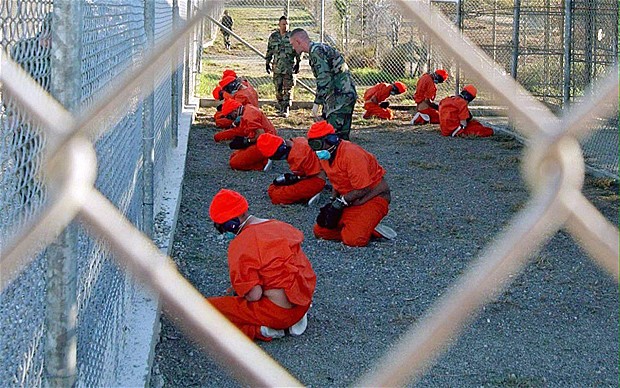On July 2, a plane carrying Bolivian President Evo Morales was forced to land in Austria after being denied entry into Western European airspace by France, Spain, Portugal, and Italy. The plane had earlier departed from Moscow, and the countries apparently suspected that Bolivia’s presidential delegation was clandestinely transporting NSA whistleblower Edward Snowden. In reality, Snowden remained in Russia, and the entire exercise achieved nothing aside from sparking a diplomatic uproar. Meanwhile, European leaders were publically decrying revelations that the US had spied on its transatlantic allies. Aside from bringing espionage and privacy to the forefront of international politics, these twin controversies also illuminated a contradiction in the public posturing of European leaders. European governments are excoriating what they regard as perfidious and intrusive surveillance while simultaneously aiding the US in its efforts to arrest the man largely responsible for bringing it to light, appearing to be less upset about the spying itself than its revelation.
[captionpix align=”left” theme=”elegant” width=”475″ imgsrc=”http://natoassociation.ca/wp-content/uploads/2013/08/espionage1.jpg” captiontext=””]
The Obama administration’s response to the controversy has essentially been that in international affairs everyone spies on everyone else, so no one should be too bothered. This might sound like a juvenile rationalization, and it is not an entirely accurate description of international espionage, but it nevertheless rings true. This is because, despite the displays of rehearsed outrage from continental authorities, these governments would have to be hopelessly naïve to be genuinely surprised. While the idea that the US would actually use its extensive spying apparatus to spy on people and governments might be disconcerting to citizens concerned for their privacy, for other governments this should be predictable to the point of being self-evident. This is the kernel of truth within the US government’s argument that no one should be upset about being spied on by their most powerful ally: It has been happening for years and no one was upset. Only when it became public knowledge did European governments express their concerns.
This contradictory reaction is symptomatic of the difficult balancing act European leaders are forced to undertake. Western Europe wants a strong American state for countless reasons ranging from economic well-being to military security. Whatever differences the two regions have, the transatlantic bond remains strong and Europe is still the junior partner. For now, Europe is comfortable with an international political realm in which its prospects are attached to the strength and stability of the American state. International relations theorists call this “bandwagoning”, a fairly simple process in theory, but with political optics that are often difficult to manage since no government wants to be seen as acquiescent and dependent on another’s power. As a result, we see public displays of disapproval and expressions of discontent on a certain matter, paradoxically coupled with close cooperation on the same issue.
Proclaiming the decline of American hegemony has become something of an academic ‘cottage industry’ over the past several years, sometimes resulting in compelling work. But through this recent controversy even an embattled American state has managed to prove its profoundly hegemonic role once again. America’s power is no longer supported by its internal strengths. Its military has, in the last ten years, been bogged down in two wars and its industrial base has been significantly eroded for decades. What supports America’s leadership now is the fact that so many others have a stake in its success. It has transformed potential competitors into constituents. This is true of China, whose lending supports the US economy in order to stimulate necessary demand and helps sustain China’s export-led economic model. It is also true of European states, who vocally assert their sovereign rights while helping the United States stifle revelations of transatlantic espionage.
The grounding of Evo Morales’ plane – a seemingly minor diplomatic incident – actually reveals a great deal about transatlantic relations and America’s place in the world. It underscores the distinction between dominance and hegemony. The US does not generally exert itself as a direct and domineering imperial power over its sphere of influence, but this is a sign of strength rather than weakness. Instead it relies on a consensual hierarchy and the support of other states who want it to be strong. With this in mind, the anger emanating from European authorities might be genuine, but mainly because their lack of privacy became an open secret.




